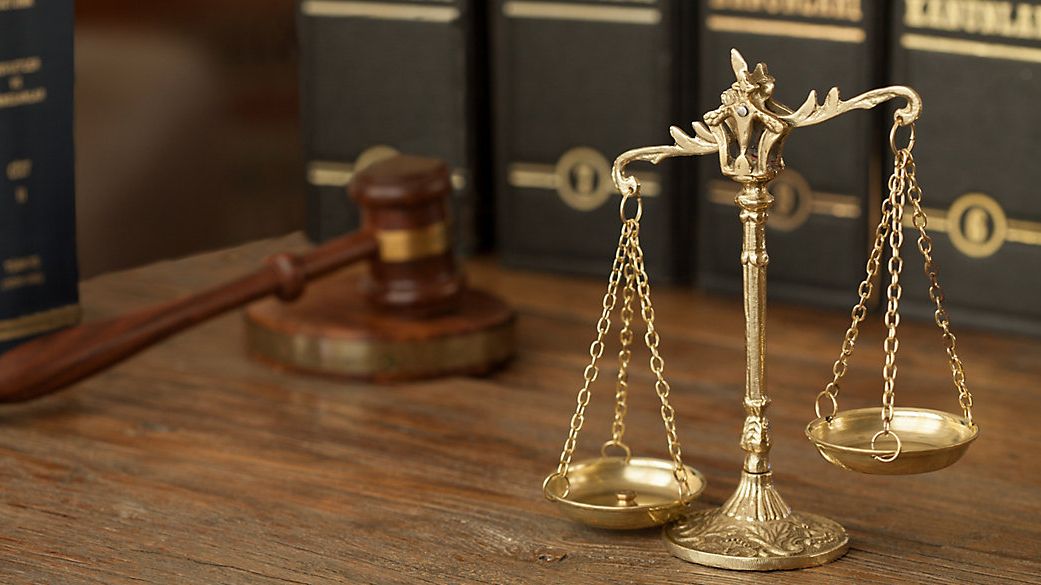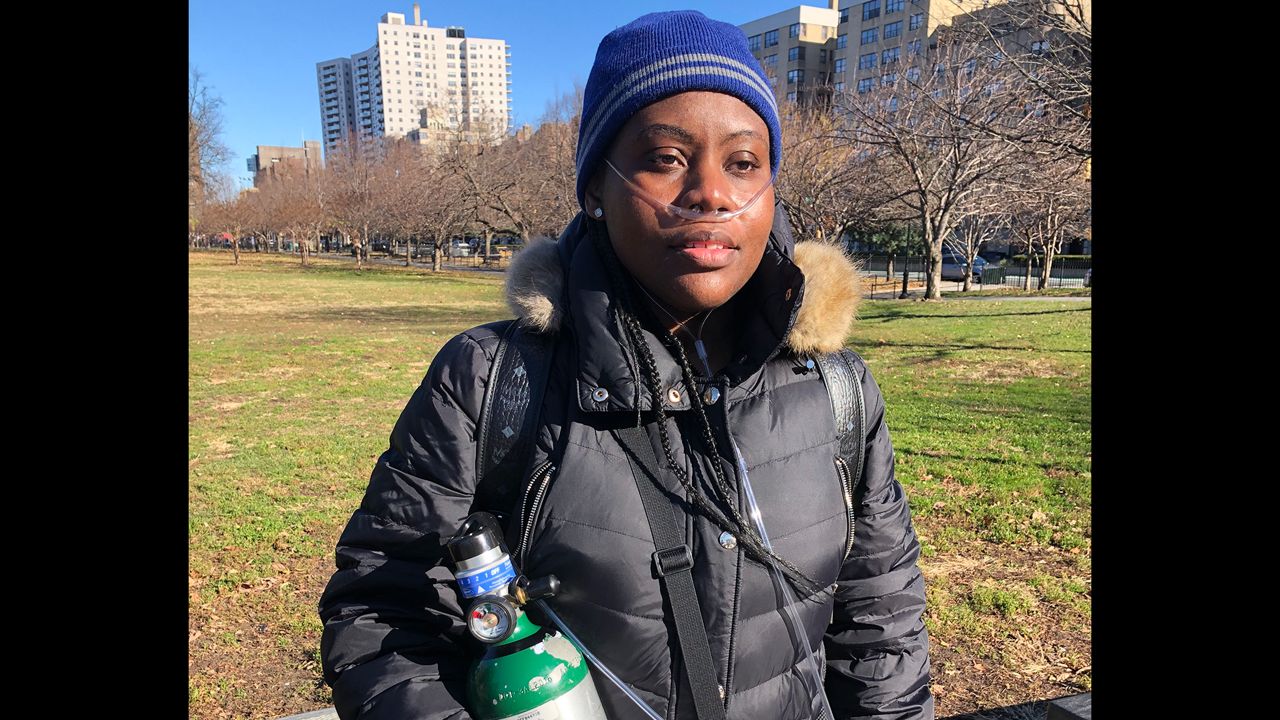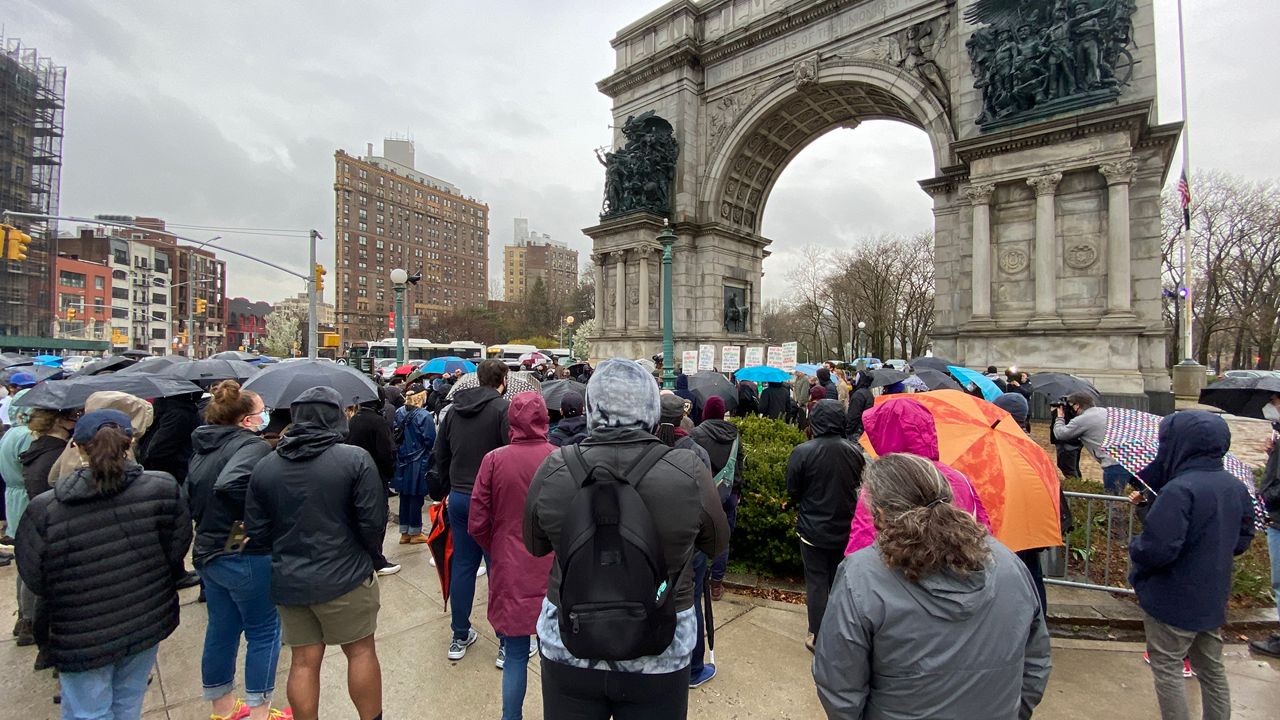The police department says its crackdown on gangs is making the city safer than it has been in decades. But some are questioning a secretive gang database that the NYPD keeps on thousands of people. NY1 Criminal Justice Reporter Dean Meminger has the details from police headquarters.
Advocates and community activists are raising a red flag over an NYPD database of alleged gang members.
"They disproportionately target black and brown New Yorkers as early as 12 years old," Anthony Posada of the Legal Aid Society said at a press conference.
The advocates and activists are asking the NYPD for documents on how people get entered into the gang database. They claim a person doesn't even have to commit a crime to get on that gang list.
They also want to know if the police department is sharing information on alleged gang members with ICE, U.S. Customs and Immigration Enforcement.
"We cannot afford to have law enforcement creating databases of people who have not done anything wrong, based on appearances," said Babe Howell, a professor at the CUNY School of Law.
Vidal Guzman admits he once was with the Bloods gang and did prison time. He said he knows others who were not in gangs but were considered by police to be members.
"You might hang out with someone from the neighborhood that is a part of that gang, or might be five or ten minutes talking to them," Guzman said. "At any moment, you could be put as a gang member."
Defense lawyers say wearing certain clothing or having certain tattoos can be enough for police to consider a person a gang member, even if he or she is not.
Immigration lawyers are very concerned because of President Trump's aggressive deportation push.
"Our clients may be being surveilled by secret technologies as so-called gang members by the NYPD," said Andrea Saenz of the Brooklyn Defenders. "Without actually being involved in criminal contact or charged with criminal contact."
The NYPD says it has rigorous standards for classifying gang members, the database is not directly available to agencies like ICE, and it's reviewed and updated regularly.
Homeland Security and ICE officials say they take gang classification and associations very seriously and they're working to dismantle violent transnational gangs.
An ICE spokesman said their database also has high standards for its database to prevent innocent bystanders from being added.
Lawyers and activists say when someone is unfairly labeled as a gang member, it becomes very difficult for that person to defend himself or herself in court.
"A prosecutor says that I am alleged to be on the gang database, and immediately they are going to request higher bail," Posada said.
This group says if the NYPD blocks its Freedom of Information Requests about the gang database, it will take the department to court.









